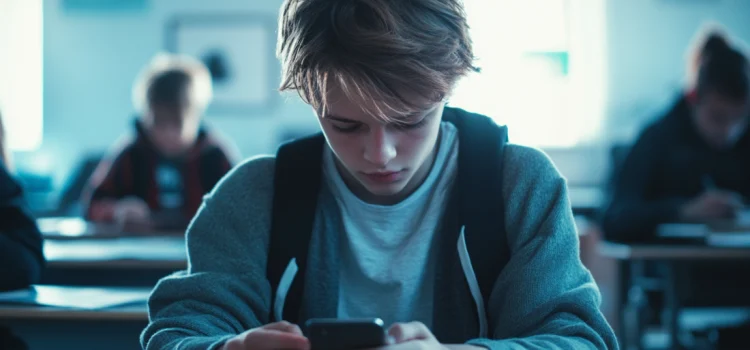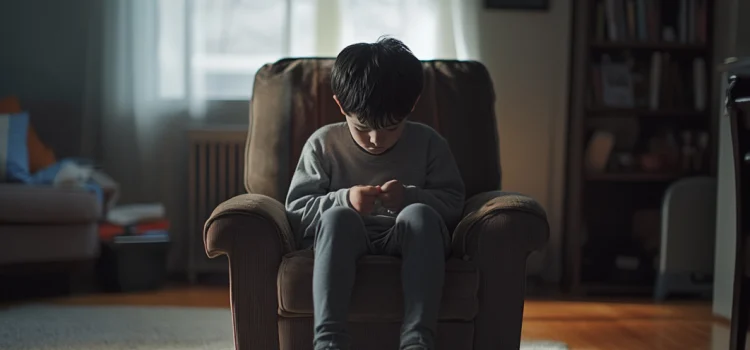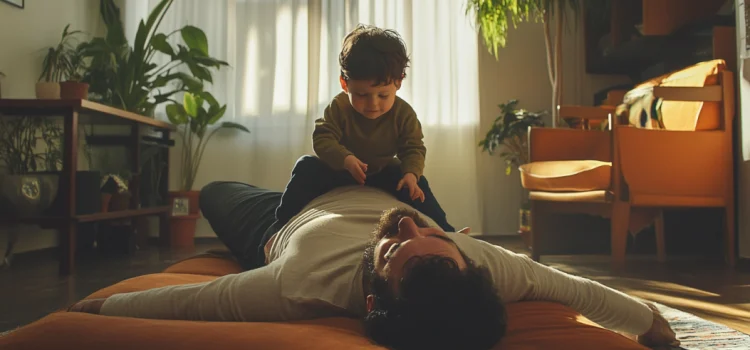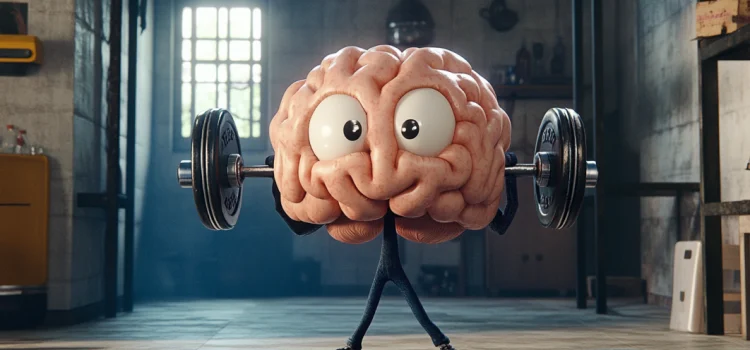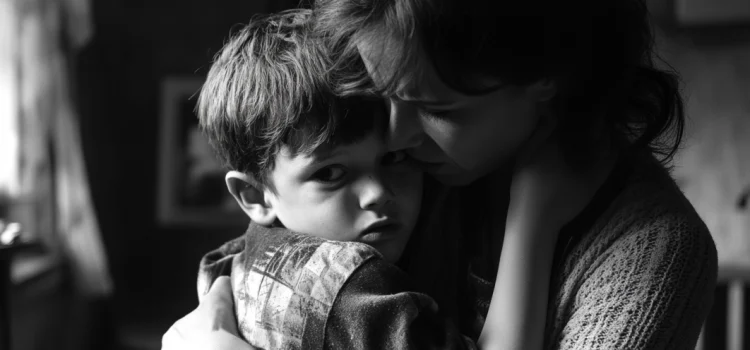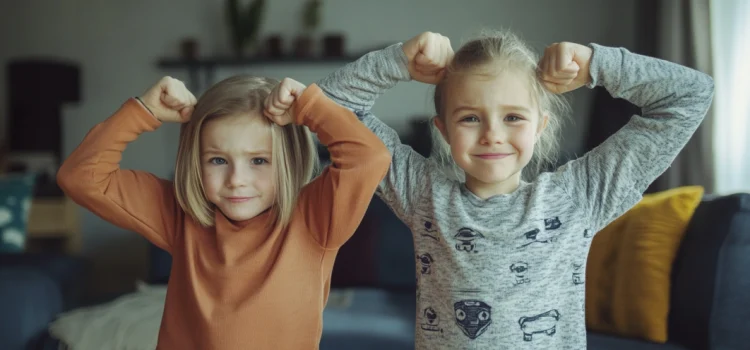Is technology addiction in youth something we should be concerned about? Why are children more susceptible to addiction? Children and young people are especially vulnerable to addiction because they haven’t yet developed the adult capacity for self-control. Addiction can have worse consequences for children and adolescents, too, because it disrupts normal psychological development. Continue reading to learn how to protect the next generation from a technology addiction.
Technology Addiction in Youth: How Adults Can Prevent It
